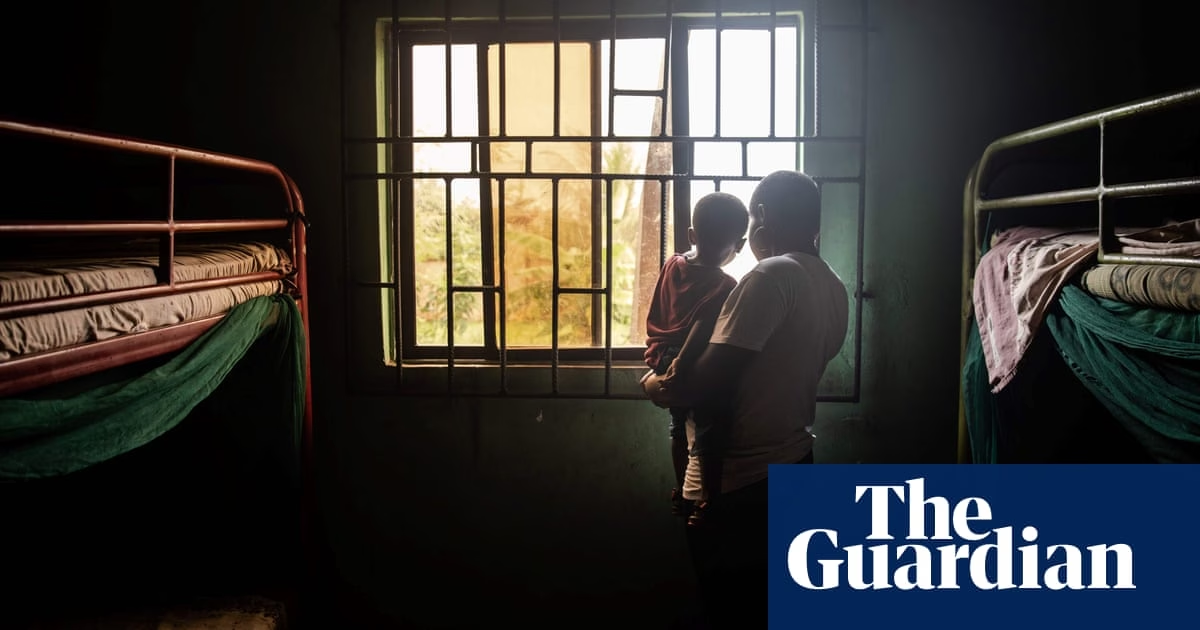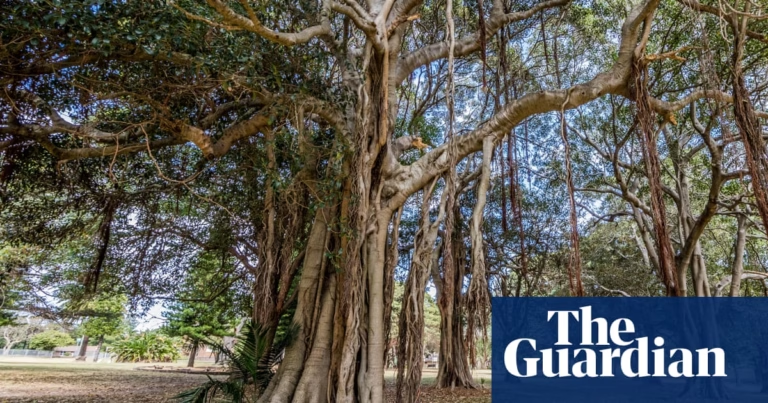In 2025 alone, Nigeria has witnessed the tragic deaths of nearly two dozen women as a result of gender-based violence, according to activists and civil society organizations advocating for a state of emergency to address this alarming issue.
The Femicide Observatory, an initiative by the Lagos-based nonprofit Document Our History (DOHS) Cares Foundation, has documented 17 cases in January, representing a 240% increase from the same period last year, with an additional five reported by February 16. In total, there were over 100 documented femicides in 2024.
Examples of such gender-based violence include the tragic case of Emrich Effanga, a hairstylist from Uyo, and Mutiat Sholola, both victims of fatal violence. Effanga was killed by strangle, allegedly by her boyfriend, an usher at their church, whereas Sholola died following an attack by her husband, who stabbed her in the head and threw hot oil on her. Both perpetrators have since been apprehended.
Ololade Ajayi, founder of DOHS, explains that for Nigerian women and girls, the home is often the most perilous place due to the lack of enforcing appropriate consequences for such violent acts. These incidents are often enabled by the presence of misogynistic content online and insufficient legislation and prosecution.
Women’s rights groups and activists argue that the given data is just a fraction of the reality because of inadequate inter-agency documentation and a general distrust of the system. They contend that despite government agencies’ initial enthusiasm for launching dashboards to document such violence, the numbers and subsequent actions are lacking.
DOHS Cares has even taken the initiative to organize a protest march during the court trial of another victim and has submitted a draft bill to parliament to tackle femicide, yet it has largely been overlooked.
In November 2020, a national dashboard was established by Nigerian officials in collaboration with the EU-UN Spotlight Initiative aimed at providing comprehensive data to combat gender-based violence. However, it remains unclear how many of these cases have seen their perpetrators prosecuted. The insufficient follow-up from the inter-ministerial committee set up to address these issues only compounds the lack of progress in tackling these violent crimes.
Source: https://www.theguardian.com/world/2025/feb/25/activists-call-state-emergency-gender-based-violence-nigeria








